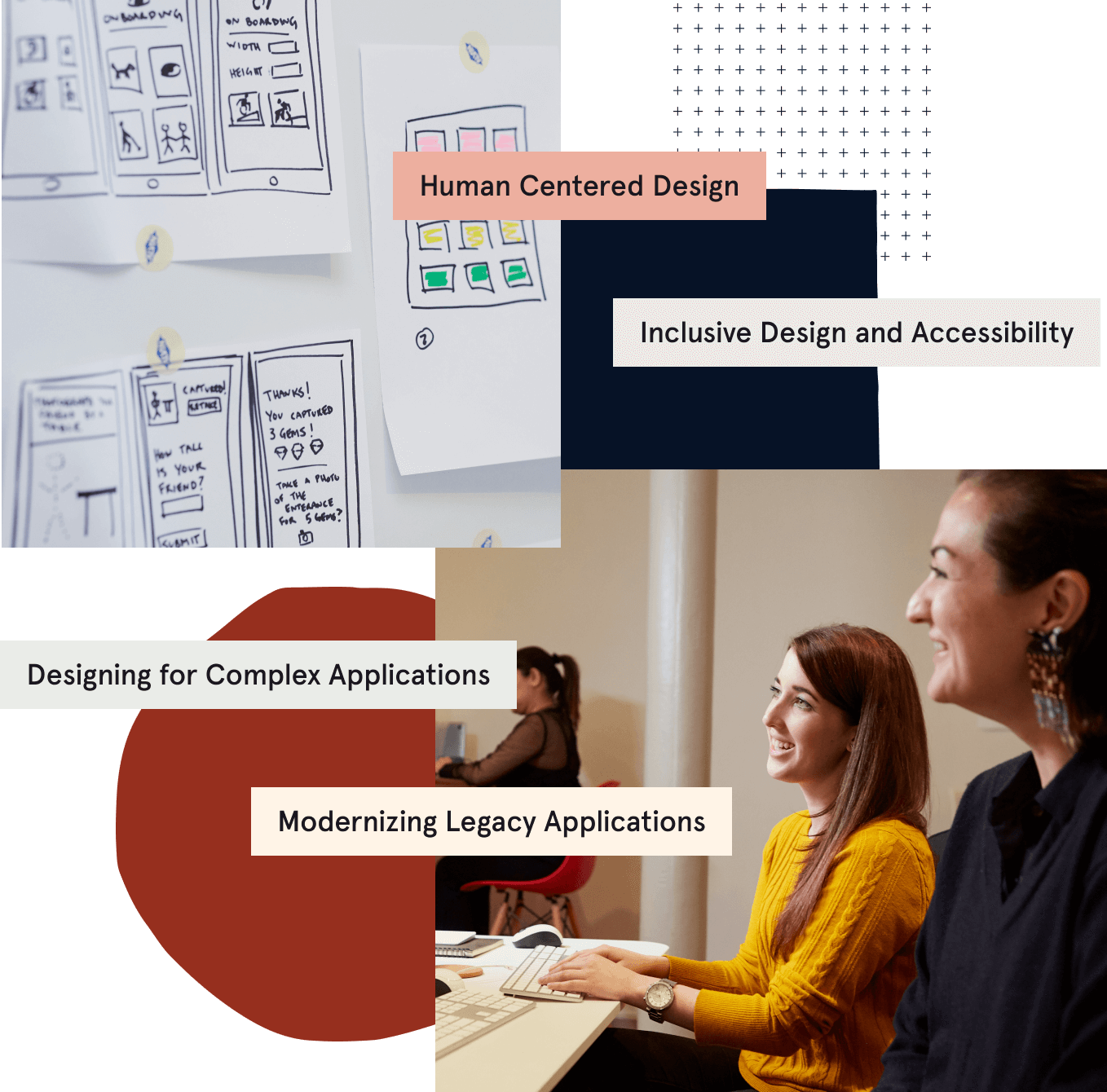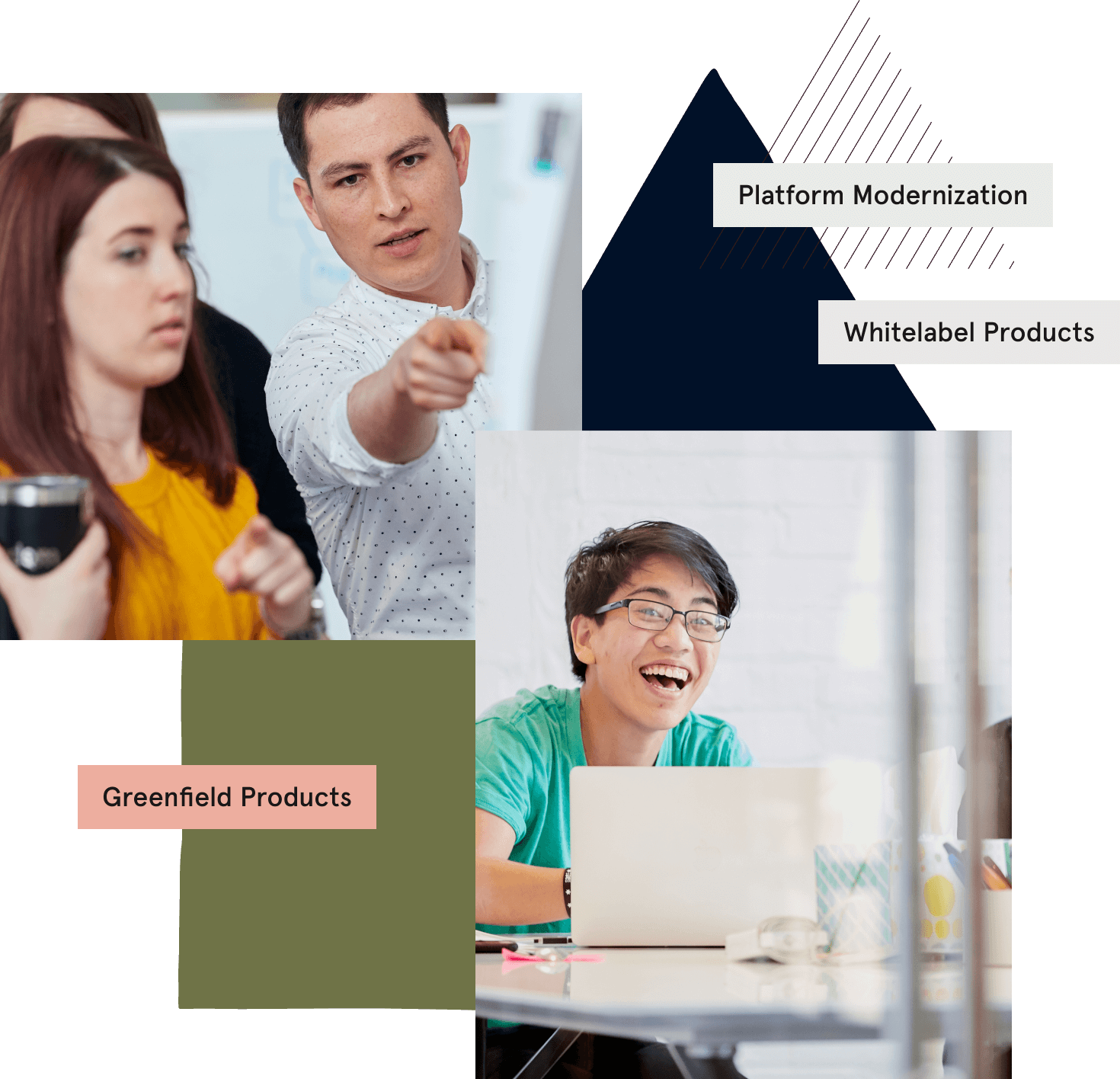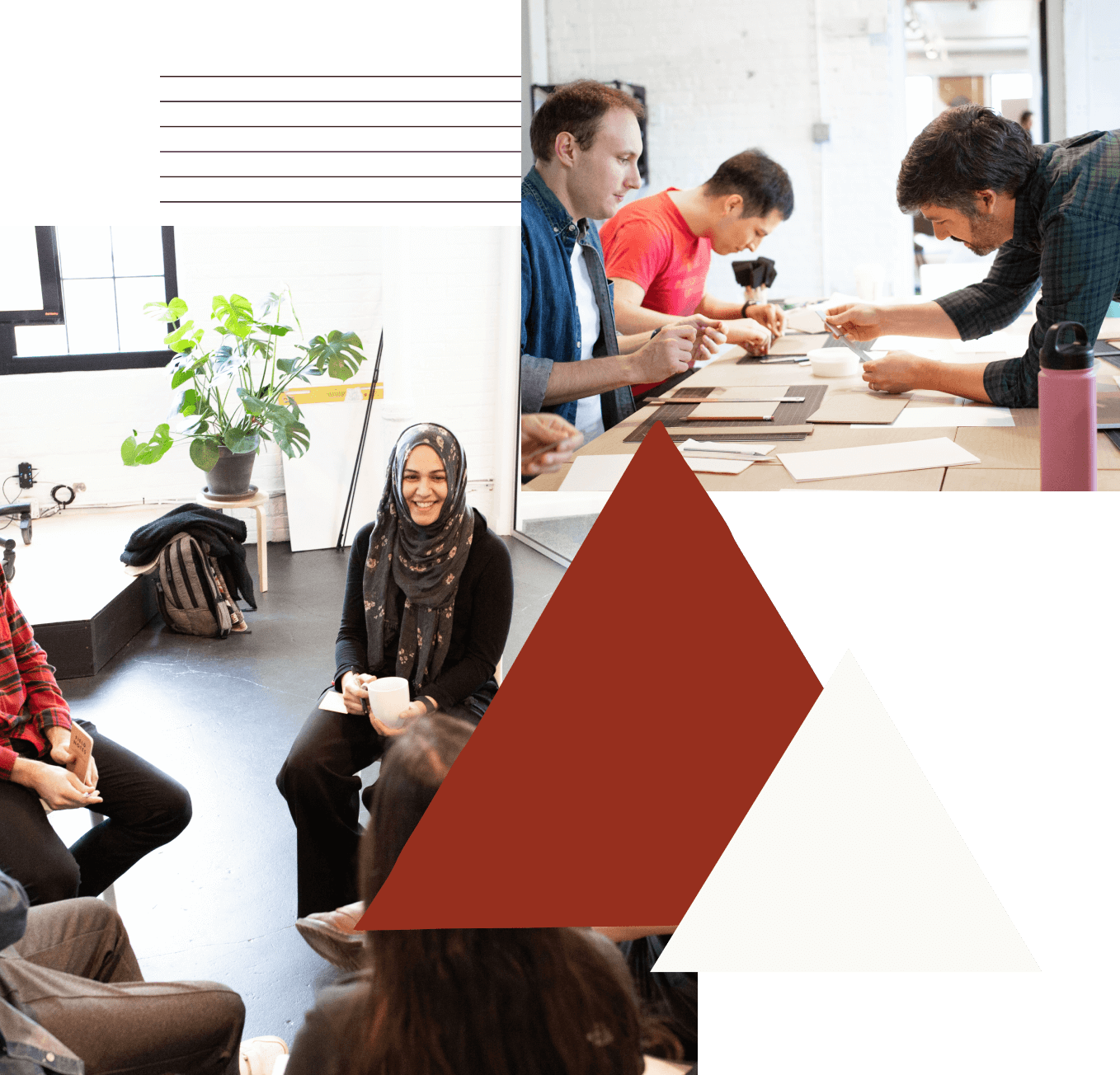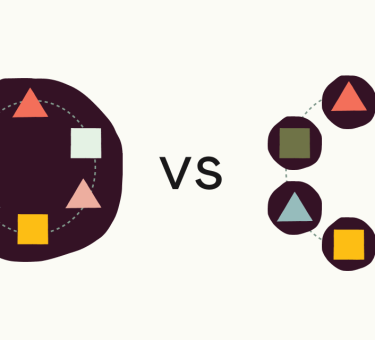It’s back to school season, and new coding bootcamp cohorts will soon be starting up. With the software development job market booming, coding bootcamps are popping up everywhere and it can be challenging to know what to look for. Here’s some advice from software developers at Tandem on what to look for when choosing a coding bootcamp.
“My biggest sticking point is the curriculum. That’s going to be hard to assess if you don’t know anything about programming languages and frameworks. What I want you to look for (because I want you to be successful at this!) is one or two languages/frameworks max. There are programs out there that try to cram too much into a short time. To get into any kind of depth, it’ll have to be focused. I could mention a specific language here.. but what is most desired in the market might change by the time you’re reading this. Beware the program that tries to do too much.
“Also if the program has a “final project” (oh, it should have a final project, by the way), make sure it’s a group project or that there’s an option for doing it as a group. Not only will you be able to make a more complex thing, but you’ll be able to talk about working in a group when interviewing. You’ll hardly ever be alone coding a thing, software takes collaboration between many many people, and having some experience to talk about there will be important.
“With any of these situations, you’re going to get out of it what you put in. So get stuck in, take advantage of the teachers while they’re there, push as much as you can without sacrificing your health, etc.. but coasting through and graduating doesn’t help you. I’d rather hire the person who worked really hard and learned a ton but had to stop the program before the end than someone who finished but just barely.”
—Aji
“I went to Dev Bootcamp (DBC) in 2014. Back then, there weren’t many options in Chicago. However, I would still pick DBC if they were still around. They put a ton of effort into building an individual’s soft skills by preparing weekly courses to build empathy. It was called “Engineering Empathy,” and enforced processes to prepare for thoughtful and productive pair programming from day one. They ensured that all students received constructive and positive feedback throughout their immersive experience. I just googled and couldn’t find anything like this today…
“If your schedule and lifestyle allow, I would suggest looking for a full-time, immersive experience where students are expected to attend classes from 8-5 and essentially live and breathe code. For me, that was the best way to learn and the best way for me to maintain momentum and excitement during extremely challenging moments. That said, I have met so many engineers who were successful in a part-time bootcamp.
“If you are just entering the tech world, you likely don’t know what your career options are. Unless you have a specific career path in mind, I’d recommend finding a broad software engineering/web development curriculum. These will teach great foundational skills, give you tools that will make you immediately hirable, and there will be tons of positions for web devs.
“Bootcamp instructors work hard to make sure their curriculum matches industry trends, but I recommend doing a little research to find out which bootcamps teach full-stack, frontend, or backend. I recommend full-stack, as it will be the most educational and provide the most value to your future as an engineer! And find out which languages and frameworks they specialize in. If you have a preference, that should influence your decision!
“Recap:
- Look for soft skills work to help you prepare for real-life working with people
- Full-time learning if you can to get the most out of it
- Find a broad curriculum to learn as much about web development as possible
- Choose a full-stack curriculum if you can. It will be more valuable, and you can learn to specialize later.”
“I recommend talking to alums of the programs you’re interested in. You can use LinkedIn as a resource to find them and don’t feel bad about ‘bothering’ or ‘cold-calling’ them. They’ll likely be flattered that you even asked. When considering payment/financing options, be careful of ones that sound ‘too good to be true’ and make sure you read the contract’s fine print and/or ask the staff. It’s important to understand what you’re on the hook for financially if you withdraw from the program.
“Inquire about career services and see if they allow you to have assistance/access to career advisors right away or if there’s a timeline (ie. ‘You’ll have access to career assistance in the last month of the curriculum’). Opt for a bootcamp that allows you to have access as soon as you enroll — that way you can start putting together your application material to get ready for the job hunt. Also! You can start applying for jobs whenever you feel ready: you don’t have to graduate before starting the search!”
—Mina
“I chose my bootcamp, Actualize, for its strong post-graduate program, and I’m glad I did. A lot of coding bootcamps have a very cavalier attitude toward students after the course ends — ‘Okay, little coder! Time to leave the nest!’ This is a real disservice to students who have zero prior experience in the tech industry, particularly people from nontraditional pathways. My bootcamp had a mandatory meetup every Monday night, starting the week after graduation and ending when you got a job. They provided help with resumes, networking, interviewing (including technical interviews!), and portfolio-building. We had a dedicated job counselor and two senior devs on hand to help with any questions. They also held office hours throughout the week. I was confident in my interview skills, but I was grateful for the support in creating a portfolio and preparing for technical interviews. I graduated into the pandemic, and the post-grad phase was a lifesaver. It took me nearly nine months to find a job after I completed the program, and Actualize kept me on track and helped me add months of professional development to my resume.”
—Jess
“The bootcamp I went to (LaunchCode) was free of charge, and the classes were in the evening from 5:30-8 pm, which made it really available for people with full-time jobs. I liked that it was organized in groups of 8-10, with one TA assigned to each group so you could get help from other students or the TA. LaunchCode always started with a lecture that often reviewed concepts assigned as homework, reinforcing what we learned. After completing the program, the bootcamp put us in touch with their sponsors (other tech companies) for opportunities — this made my shift into tech very easy and I feel lucky to have found a job 3 months after completing the program. An important piece of advice: No one knows everything, and it’s okay if you also don’t know everything. Go at your own pace. Show up and fight for yourself.”
—Mia
“Reflecting on my experience at coding bootcamp, these are some important questions to ask: What’s the bootcamp’s teaching style and will it work for you? Are there lectures? Is it project-focused? Do you get free time or 1:1 with instructors?
“How will you be engaging with other classmates and how often? Will you get time to work on things on your own? Will you be pairing with others? If so, will they only be other people in the program or a mix of junior and senior developers/learners?
“Bootcamps can get pretty intense given how much knowledge you’re picking up in such a short amount of time, so it’s crucial that expectations are clearly communicated. What exactly are you going to learn? What skills will you have after each module of the program and at the end of the program? What can you do if you don’t feel like you’ve grasped a skill? It’s important to have clarity on what your experience will be like.”
—Cain
“I think it’s really important to find a free coding bootcamp. I chose LaunchCode, which is a free coding bootcamp in St. Louis created by the founders of Square. Before attending, I worked in a senior role at a nonprofit organization and had an undergraduate degree in another field. I didn’t want to put money into something I wasn’t sure I would be good at or even like. What if I didn’t have a good experience? Bootcamps can cost a lot of money for a very short amount of time, and they don’t have traditional loan programs like colleges do. Luckily, I enjoyed my experience at LaunchCode. Finding a free bootcamp meant free education and free access to many potential jobs afterward, which is so valuable.
“At LaunchCode I learned Python, HTML, CSS, and Java. Even though I didn’t work with Java in my first job after bootcamp, it was helpful to learn because it’s a more widely used language and straightforward on many foundational coding principles. Something that I would have changed about my experience is that we didn’t learn how to interact with an API. We knew how to build it, but we didn’t know how to use it.
“I recommend looking for a bootcamp that is a collaborative space to get the opportunity to do group projects and meet people. My experience changed a lot when I met people like Mia — she’s one of my closest friends and a fellow Tandemite! I also liked that LaunchCode gave homework throughout the week to help build my skills. They provided multiple ways of learning so that it wasn’t all small group work, which kept things interesting.”
—Nora
“By the time I hit 30, I was nearly convinced I’d spend the rest of my life living paycheck to paycheck. The moment I learned coding bootcamps existed, it was as though I’d been handed a do-over. I spent hours researching various programs, scouring reviews, and learning anything I could about what they taught, their class structure, and graduate outcomes. Most importantly, I looked into programs’ job placement and assistance — something sorely lacking at my alma mater, where the cost of admission was 10 times more than the typical bootcamp. I chose a local bootcamp, Operation Spark, mainly for logistical reasons but also because they boasted 100% job placement. I attended their free two-week prep class covering the very basics, which helped assuage the fear that I might not even like software development. This also gave me the opportunity to speak to recent graduates about their experience and takeaways, which I highly recommend doing. Bootcamp was one of the hardest things I’ve ever done, but in the end, it changed everything.
“The best advice I have is that no matter how hard it gets, don’t give up! Keep pressing forward, even when you feel totally lost. It will click. Also, look up ‘imposter syndrome’ and know that everyone there with you (and who came before you) deals with it too.”
—Rob
Coding bootcamps launched the careers of many software engineers here at Tandem, and it’s so important to find one that best fits your needs. We know you’ll do great! And once you’ve graduated from bootcamp, consider applying for our apprenticeship program as the next step in your dev career.









